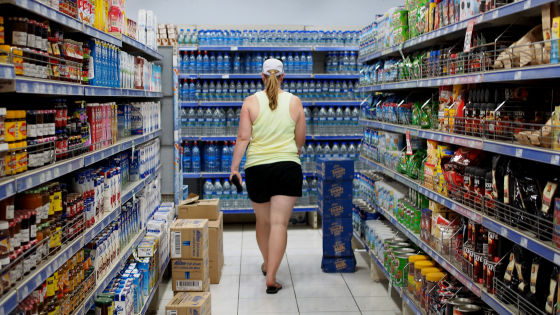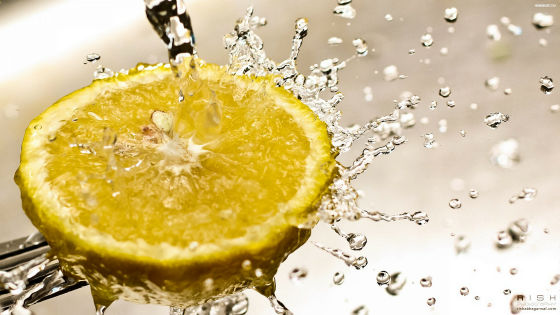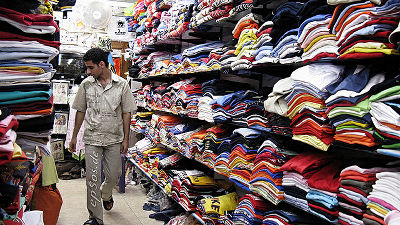What is the actual condition of "food forgery" which rampant in Africa where two girls who ate cookies died?

byAndy Mudrak
Two 14-year-old girls living in Abuja, the capital of Nigeria in February 2018, are celebrating classmate's birthday at schoolI ate contaminated cookies and died. Some of the other classmates were hospitalized and the school was temporarily closed due to threats and panic raised by the students' parents, but the cause was investigated and the responsibility of the company was asked There was nothing to be said. Behind this situation there is food impersonation that spreads globally. Among them, the actual situation of food disguising in Africa, which is regarded as dangerous, is divided into "AACE Foods"To support agriculture"Sahel CapitalOf social entrepreneurs who created oneNdidi NwuneliHe is speaking.
Fake food or fraud food in Nigeria, Kenya and other African countries - Quartz
https://qz.com/1226112/fake-food-or-fraud-food-in-nigeria-kenya-and-other-african-countries/
America'sFood Supplier Union"Food fraud" dare to make products that mislead consumers is increasing internationally and the impact of food fraud affects 10% of products sold commercially and international It is said that it is producing 100 to 15 billion dollars a year (about 1 trillion to 1.6 trillion yen) annually in the food industry.
In particular, there is concern about an increase in food fraud on the African continent, according to a survey by the Tanzania Industry Association, 50% of foods, chemicals and building materials imported to Tanzania contain fraud and camouflage. It is not clear how many products lie is contained, it is estimated that 10 to 50% of the foods will contain lie information, although there are differences depending on food category and exporting country.

Nwuneli, a social entrepreneur, who has seen how much foods lying in supermarkets through his own experiences, Nwuneli said Nigerian milk powder is not an animal protein, human being ingests in Kenya I explain that vegetable oil is made from recycled oil not suitable for. Also, in Ghana, palm oil using Sudan IV widely known as a carcinogen is provided. In Uganda, in order to keep raw flesh fresh and to keep flies away, if formalin is used It is.
The fact that such counterfeit foods are used on a daily basis is related to the carcinogenesis rate and starvation rate in the African continent and there is a danger that it also affects the development of children.
In Africa, the supply chain of raw materials is long, standards and inspection methods are diversified, so the system becomes complicated and the origins of food are not understood. In addition, local manufacturers are forced to compete with cheap imported goods, which means that manufacturing costs may be lowered by using low quality material foods that do not meet the standards. The imperfection of regulatory standards and tracking mechanism also creates loopholes and is one cause of producing disguised food.
On the other hand, we focused on the provision of safe foods, which is an international standardCodexThere are more countries and companies signing signatures. In South Africa Sudan I and IV are forbidden and foods deemed to be dangerous are handled so as not to reach the consumer. However, Mr. Nwuneli thinks that such efforts are still "inadequate".
Mr. Nwuneli sets high standards for food and its label and tracks what kind of distribution the ingredients traced, assuming that thorough "prevention" thoroughly removes the problem after fraud has occurred He insisted that he should create a mechanism. We propose that the African Union form a food disguise network like the EU so that it can detect spoofing performed across the border. We also talk about the necessity of measures from all sorts, such as calling consumers from media to raise awareness about food impersonation.

byMichael Stern
Related Posts:
in Food, Posted by darkhorse_log







